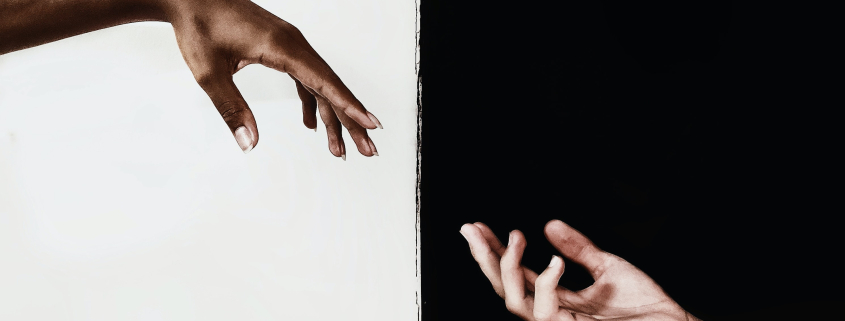It’s never just a joke

February is a month chock-full of things to celebrate — the Super Bowl, Valentine’s Day and, most importantly, Black History Month. And what better way to celebrate than a party? Whether it’s Galentine’s and Palentine’s or Super Bowl Sunday with a large bowl of chips for you and all your friends to share, most of us will inevitably end up at a party of sorts.
This was the plan for USC’s Gakusei Kai House, better known as the GAK House, which provides affordable housing for a select group of low-income students navigating university. However, recently, the GAK House came to Instagram to announce their cancellation of their “Gakentine’s Party.” It was not the party’s cancellation that startled me, but the reason why it was canceled. Due to Black History Month, the GAK House offered a discounted entry fee to Black students. A gesture made in good faith quickly soured as the GAK House received backlash from students, some of whom threatened to show up to the party in blackface.
Blackface holds a horrific and tragic history. As defined by Merriam-Webster, blackface is “dark makeup worn to mimic the appearance of a Black person and especially to mock or ridicule Black people.” Blackface took root in the 1800s with the practice of minstrelsy — a theatrical form that intended to entertain its audience with a performance of “Blackness.” By “Blackness,” I mean white people dressed in costumes and black-painted faces.
Minstrelsy rose to popularity between the 1850s and 1870s in the United States and Britain, most notably post-Civil War, and delivered messages that enforced white superiority. It was simple: “whiteness” was acceptable, and Black people were seen as inferior — a joke. Although the world of minstrelsy is not what it once was, blackface still carries the hurt of years dedicated to belittling Black people. It is disappointing and baffling that a simple discount prompted these vile threats.
Unfortunately, I cannot say situations like these are one-in-a-million, especially on college campuses. Just in my two years at USC, I have been followed at Target by associates, endured professors who handle the delicate matter of race with carelessness and heard a professor say, “Because it’s in the text, I feel as though I can say the N-word, but I can’t pull it off today.” But this is not just a USC issue.
Pew Research reports that 81% of Black students say they’ve faced discrimination due to race or ethnicity. In comparison, 59% of Black people who have never attended college face this mistreatment. This is incredibly daunting, especially in the lens of USC, where the Black student population is only 5.8%.
Hate crimes, a criminal offense often motivated by bias against race, religion, ethnicity, sexual orientation or other grounds, shot up drastically in the past few years. In 2016, more than 1,000 hate crimes were committed on college campuses nationwide. No matter how diverse a campus is, no university campus is immune to hate crimes and discrimination. Quite frankly, it’s exhausting. It’s hard enough juggling academics, relationships and the professional world, but Black students must also balance racism — even in the “woke” 21st century.
W.E.B Du Bois coined the term “double consciousness,” which expresses the struggle the Black community endures while attempting to embrace their culture and conform to a predominantly white society. Especially at a historically white institution like USC, it is a struggle not to waver when things like this occur. And the sheer radio silence about what unfortunately happened to the GAK House booms louder than any party music playlist.
Now, I’m no comedian, but I can certainly tell when a joke is humorous or not. Hearing the word “blackface” didn’t make me giggle, it made me shudder. Raúl Pérez said it best in his book, “The Souls of White Jokes:” “Rather than being harmless fun, this humor plays a central role in reinforcing and mobilizing racist ideology and power under the guise of amusement,” he wrote. I would have never imagined that I would experience this issue in university, especially at USC, which prides itself on its steps toward diversity. But that’s the thing about racism: It comes in all forms — whether overt or covert, it’s there. And it’s saddening.
Words hold weight. Language surpasses time and barriers, and the stains left by racism cannot be ignored or treated lightly. Unlike what they teach at the Jimmy Kimmel School of Comedy, blackface is not a joke. Threatening to show up to a party in blackface so you can save yourself a couple of dollars definitely shouldn’t have even been a thought, much less an option. So, yes, February is the month of chocolates and flowers, the Chiefs versus the Eagles. However, it also seems like the month for some much-needed reflection.

